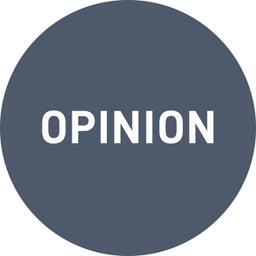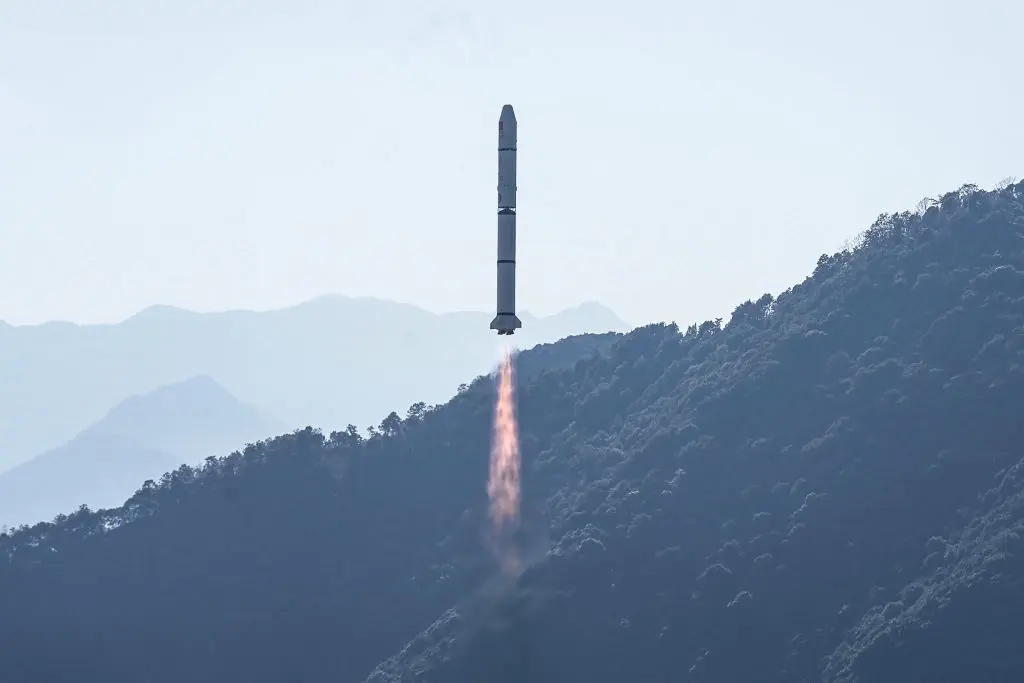China’s National Audit Office (NAO) took a whole year to complete the 2004 financial audit of the 32 ministries, committees, and offices under the State Council. The results revealed that the national institutions, under the control of the Communist regime, have fallen into severe and systematic corruption.
National Audit Staff Under Tremendous Pressure
In December of 2005, the National Audit Office submitted an audit report to the State Council Standing Committee of the National People’s Congress and the CCP’s Central Commission for Discipline Inspection. The report unveiled that among the 32 top central government organs, including ministries, committees, and offices, there was 50 billion yuan (approximately US$6.17 billion) of related illicit financial operations in 2004.The whole auditing process took about a year to complete and was repeated three times. The first was in early 2005; the second in mid June, and the third in late October.





